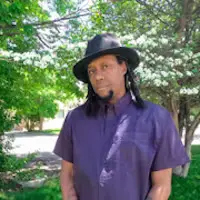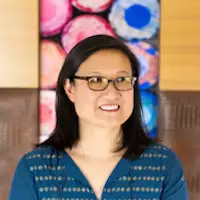
Anti-Racism Specialization
Be an anti-racist ally! Gain confidence participating in and guiding conversations about race, racism, and identity and act as an ally in your community to combat racism and white supremacy.
About this Specialization
Anti-Racism is a three-course specialization intended for anyone interested in learning about race and racism, particularly in the context of the United States, who wants to be an anti-racist advocate or seeks to incorporate anti-racist practices into their daily lives.
Anti-Racism I is an ideal starting place for learners unfamiliar with critical race theory who want a primer on race and racism in the United States. Anti-Racism II builds on the basics introduced in the first course and explores historical and linguistic constructions of race and racism in the United States and the theory of intersectionality. The second course also asks learners to apply its content to cultural contexts outside of the US, and it culminates in an interview project aimed at deepening conversational nuance when learners engage with the topics of race and racism with family, friends, colleagues, or peers. Anti-Racism III then puts the theory introduced in the first two courses into practice. Learners will create a plan for practicing anti-racism and develop a community outreach and engagement project.
New and Noteworthy Social Impact Courses
Inclusive Leadership: The Power of Workplace Diversity from the University of Colorado System
Take Action: From Protest to Policy from Wesleyan University
Designing and Building Institutional Anti-Racist Spaces from Wesleyan University
Community Awareness: Police Brutality in the U.S. from University of Michigan
Diversity and Inclusion for HR Professionals from the University of California, Irvine
The Influence of Social Determinants on Health Specialization from the University of Michigan
Reimagining Blackness and Architecture from The Museum of Modern Art (MoMA)
Activism in Sports and Culture from Morehouse College

Shawn O'Neal
University of Colorado Boulder
I am a DJ, Musician, and Producer. My current work as a race scholar in the department of ethnic studies is the progression of my own social science theory, “Audio Intersectionality.” Defined as: Conjoining intersectional contexts, i.e., race, gender, sexuality, and class, with sound, music, and performance studies to determine, demarcate, and evaluate the methods in which sound and music has been used operationally as a method of subjugation and normalization, or as strategies of resistance and platforms of activism (survival) (for my research)aimed at African American and Queer African American communities in the United States, however, can be applied to diasporic communities of Africana, Asian, Latinx, Chicanx, MiddleEastern, and Indigenous descent globally.

Jennifer Ho
University of Colorado Boulder

